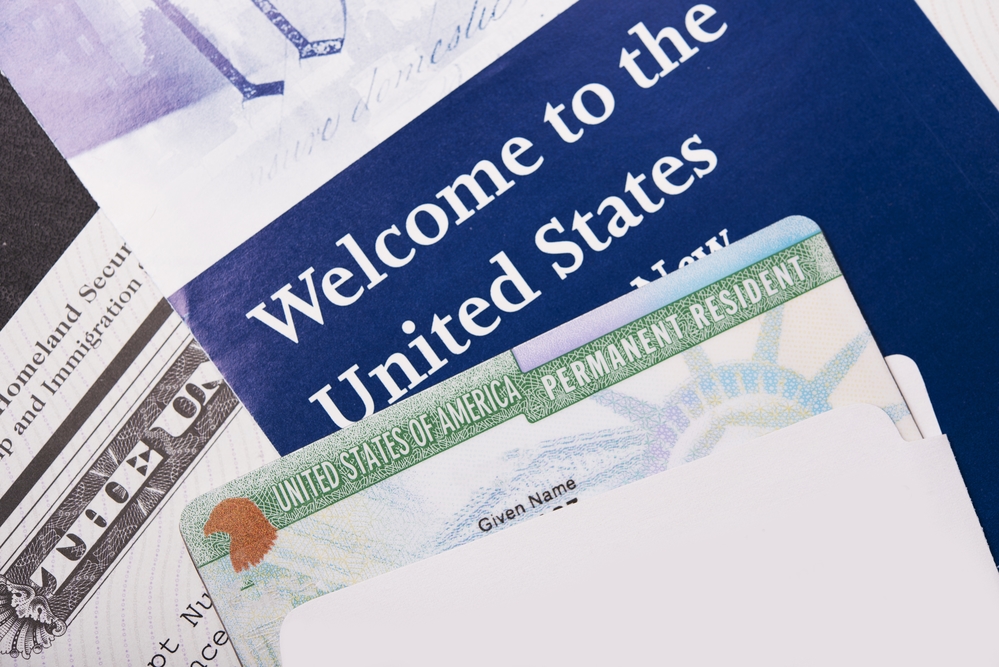With the current uncertainty surrounding immigration laws in the United States, it is now more important than ever to understand your rights regarding Immigrations and Customs Enforcement (ICE) activities. Use the following quick Do’s and Don’ts list to help.
DO…
- Remain calm and rational.
Do not give them a reason to detain you by acting unreasonably or threatening. If they force their way into your home, do not resist. Resisting will only give them a reason to exert force. Tell everyone in the home to remain silent.
- Ask for an interpreter if you need one.
You have the right to understand what is happening in your own language.
- Ask why they are there, and if they requested to enter, ask to see their warrant.
ICE agents cannot enter your home unless they have a warrant. Ask them to slip the document under the door or hold it up to the window. If they do not have a warrant, you can legally refuse to let them in. You can request that they leave any information for you outside the door.
- Contact an experienced immigration attorney immediately.
Having experienced immigration legal counsel can be extremely helpful in situations that involve ICE. Do not sign anything until you talk to a lawyer.
DO NOT…
- Lie or give false documents.
Lying often makes matters worse, so it is a good idea to be truthful and forthcoming if they ask you questions. However, you have the right to remain silent, and in many situations, you should use that right. You must assert out loud that you want to exercise your right to remain silent. Keep in mind that it is better to stay quiet than provide false information or documents.
- Interfere with or otherwise obstruct the police.
Interfering with DHS or police business, even if it involves a loved one, can be more trouble than it is worth. You can be charged separately for these actions, which will contribute to the decision of whether to deport you or a loved one.
- Go to an interview alone.
You have the right to say that you do not want to be interviewed by ICE or the FBI. If you agree to an interview, you should be sure to take an attorney with you. You never have to be interviewed alone.
- Provide explanations or excuses.
If you are arrested or otherwise detained, do not offer any explanations or excuses at that point. It is better to use your right to remain silent. You should always talk with a lawyer before explaining yourself to the authorities. Do not say or sign anything without talking to a lawyer first.
If you or a loved one is detained by ICE, give us a call and let us go to work for you.








